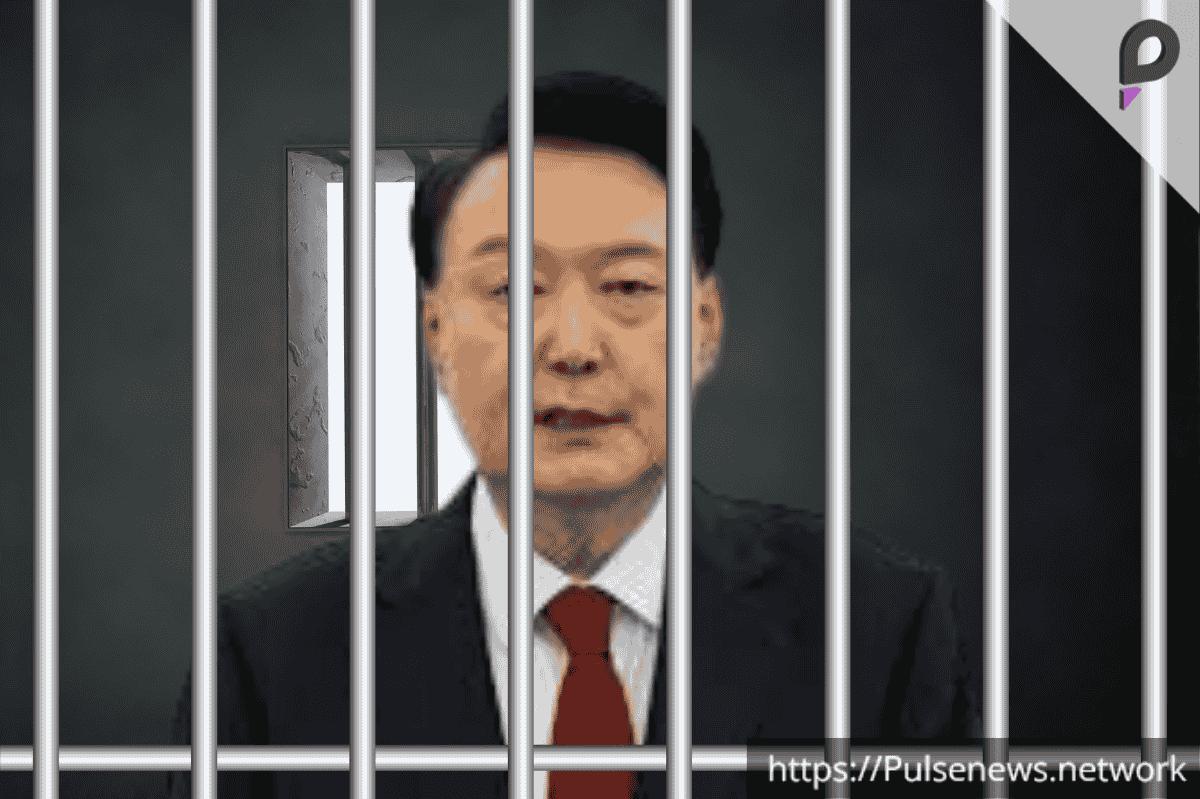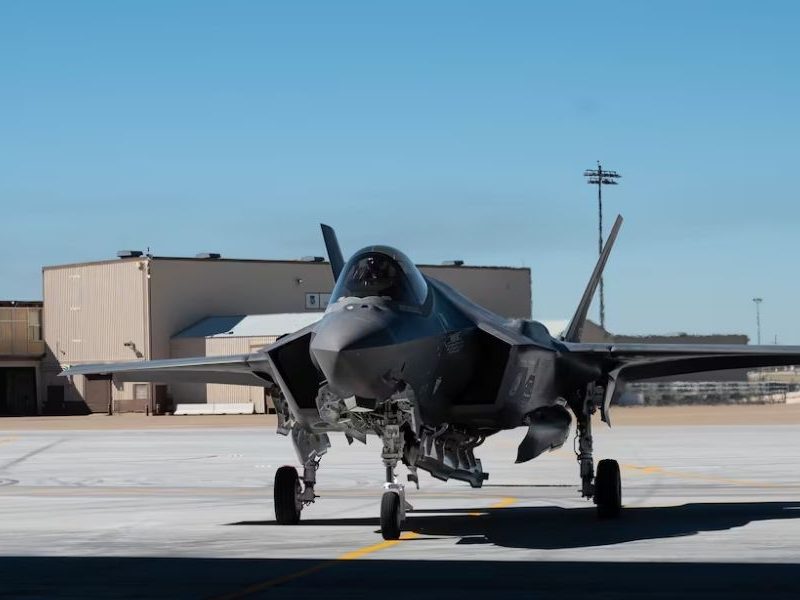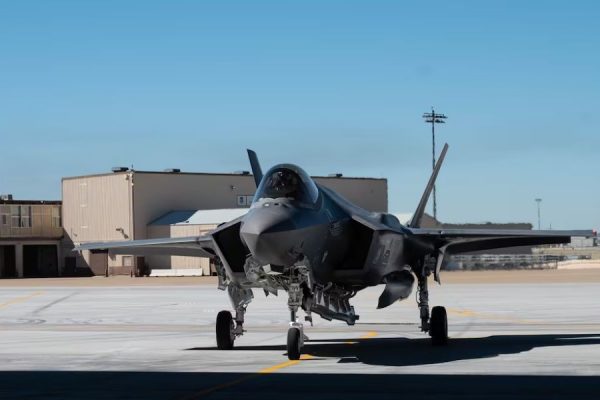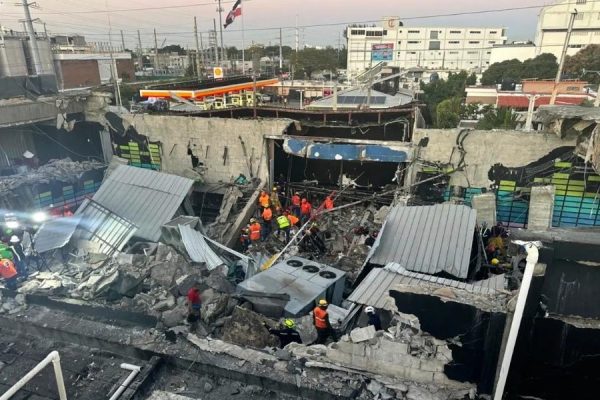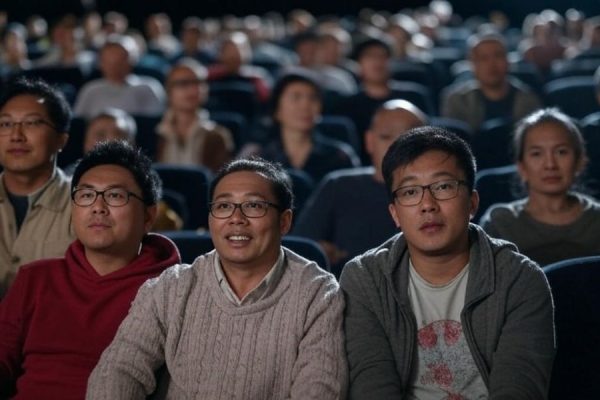In a dramatic turn of events, South Korea witnessed an unprecedented struggle to arrest its impeached president, Yoon Suk Yeol. Despite being suspended from office and facing a criminal investigation, Yoon’s arrest has been fraught with obstacles, including fierce loyalty from his security team and unwavering support from his followers.
The Arrest Operation
On Wednesday morning, 3,000 police officers descended on Yoon’s heavily fortified residence, determined to execute the arrest warrant. Using ladders, bolt cutters, and sheer persistence, they breached layers of security blockades. It was their second attempt; the first, earlier this month, ended in a stalemate after a six-hour standoff with Yoon’s security detail and pro-Yoon supporters.
Despite the challenges, authorities successfully arrested the embattled leader in this second operation.
Presidential Security: A Key Obstacle
One of the most significant hurdles was Yoon’s Presidential Security Service (PSS). On January 3, his security team formed a human barricade, blocking law enforcement’s path with vehicles and sheer numbers. Analysts suggest that many in the PSS were personally loyal to Yoon, as he had appointed several of their leaders.
Christopher Jumin Lee, a US-based lawyer and Korea expert, speculated that Yoon may have deliberately filled the PSS with loyalists anticipating such a scenario. However, this time, the overwhelming show of force by law enforcement likely deterred the PSS from engaging in outright violence.
Authorities also warned the PSS that obstructing justice could lead to the loss of pensions and civil servant status, while those who cooperated would not face consequences.
Pro-Yoon Supporters: A Determined Base
Another complicating factor was Yoon’s vocal and dedicated support base. Thousands of his supporters gathered outside his residence during both arrest attempts, with some declaring their willingness to die to protect him.
These supporters, many echoing Yoon’s controversial claims of a pro-North Korea infiltration in the country, aggressively confronted police officers during the operation. Their emotional response was palpable, with some crying tears of joy when the initial arrest attempt failed and weeping in despair upon learning of his eventual arrest.
A Disgraced Leader
Yoon’s impeachment and subsequent legal troubles stem from a shocking martial law order on December 3, which lawmakers quickly countered with an impeachment vote. His refusal to cooperate with investigators led to the arrest warrant.
The decision to impeach and investigate Yoon marks an extraordinary chapter in South Korea’s political history, highlighting the country’s commitment to accountability, even for its highest leaders.
Conclusion: A Nation Divided
The arrest of Yoon Suk Yeol underscores the challenges of enforcing the rule of law in a politically polarized environment. While his loyalists view him as a steadfast leader under attack, his opponents see his impeachment and arrest as necessary steps toward justice.
As South Korea awaits the constitutional court’s ruling on Yoon’s removal from office, the nation remains deeply divided. The events surrounding his arrest will undoubtedly leave a lasting impact on South Korea’s political landscape.

